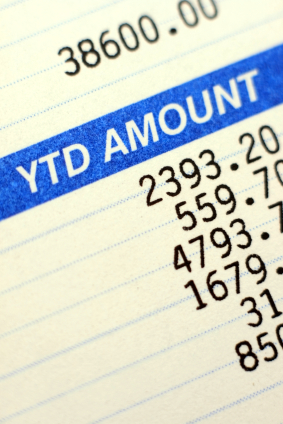Imagine this scenario. You have worked a lot of overtime and are looking forward to a big, fat paycheck. You get the envelope and tear it open only to find that it is smaller than your normal check. You look on the deductions section and find that you have been hit with a garnishment.

However, if you file a chapter 13 or a chapter 7 bankruptcy you can stop the creditor from continuing to take money from you or prevent them from even starting. Filing bankruptcy puts a “wall” between you and your creditors called the automatic stay. The automatic stay prevents the commencement or continuation of any type of collection, including garnishments. Once you file, you don’t need to worry about a creditor taking away your hard-earned money.
To explore your options and learn about Stop Wage Garnishment laws, call us today at 801-305-3702 for your free consultation. Let us show you how a chapter 13 or chapter 7 bankruptcy can give you the relief you need and help you deal with your current financial situation.